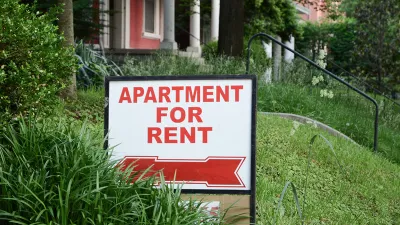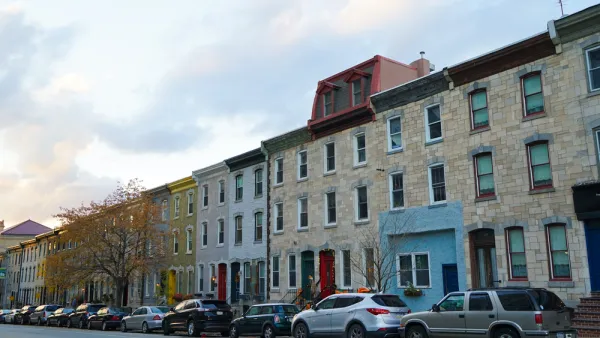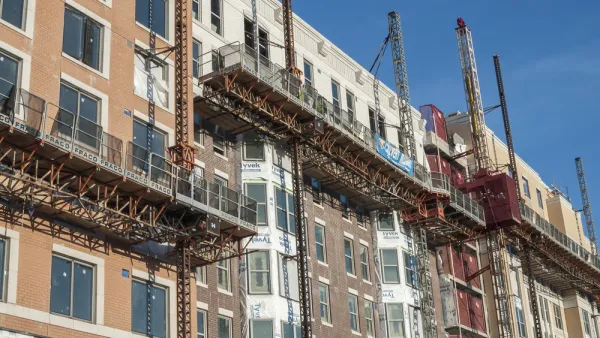A new survey highlights the impact of the COVID-19 crisis on small landlords, who provide much of the nation's low-cost rental housing.

In a recent paper, Elijah de la Campa and Vincent J. Reina assess the impact of the pandemic on private landlords, "who supply the majority of the nation’s lowest-cost rentals." De la Campa and Reina used survey data from 10 U.S. cities "to better understand the impact of the pandemic on landlords’ rental incomes and business practices."
Survey responses show that "the share of landlords who collected 90 percent or more of their potential rental revenue fell 27 percentage points from 2019 to 2020," and "smaller and mid-sized landlords, who had higher exposure to non-payment prior to the pandemic, were more likely to have seen rental revenues drop by more than 50 percent." The authors note that "10 percent of owners with five or fewer units—those most likely to provide affordable units—reported receiving at most half of their rental revenue during the pandemic." The study also found that " renters of color have disproportionately borne the negative impact of landlords’ decisions during the COVID-19 pandemic" with landlords taking more punitive actions against tenants in communities of color.
The results "paint a troubling picture," as the "loss of revenue for our nation’s primary providers of lower-cost housing has real implications for the current and future housing stock." With landlords deferring maintenance, we could also see reduced housing quality and lower lifespans for older buildings.
The authors conclude that "[t]hese dynamics suggest an opportunity for policymakers to help support landlords while also preserving the privately-owned affordable rental stock" through programs that connect funding to affordability requirements, facilitate sale of properties to tenants or socially responsible parties, and address punitive measures such as eviction. "Affirmative federal and local commitments to further fair housing, as well as to communities of color well beyond the pandemic, are essential to address long-standing racial disparities in access to good quality, affordable housing."
FULL STORY: HOW HAS THE PANDEMIC AFFECTED LANDLORDS?

Analysis: Cybertruck Fatality Rate Far Exceeds That of Ford Pinto
The Tesla Cybertruck was recalled seven times last year.

National Parks Layoffs Will Cause Communities to Lose Billions
Thousands of essential park workers were laid off this week, just before the busy spring break season.

Retro-silient?: America’s First “Eco-burb,” The Woodlands Turns 50
A master-planned community north of Houston offers lessons on green infrastructure and resilient design, but falls short of its founder’s lofty affordability and walkability goals.

Test News Post 1
This is a summary

Analysis: Cybertruck Fatality Rate Far Exceeds That of Ford Pinto
The Tesla Cybertruck was recalled seven times last year.

Test News Headline 46
Test for the image on the front page.
Urban Design for Planners 1: Software Tools
This six-course series explores essential urban design concepts using open source software and equips planners with the tools they need to participate fully in the urban design process.
Planning for Universal Design
Learn the tools for implementing Universal Design in planning regulations.
EMC Planning Group, Inc.
Planetizen
Planetizen
Mpact (formerly Rail~Volution)
Great Falls Development Authority, Inc.
HUDs Office of Policy Development and Research
NYU Wagner Graduate School of Public Service




























